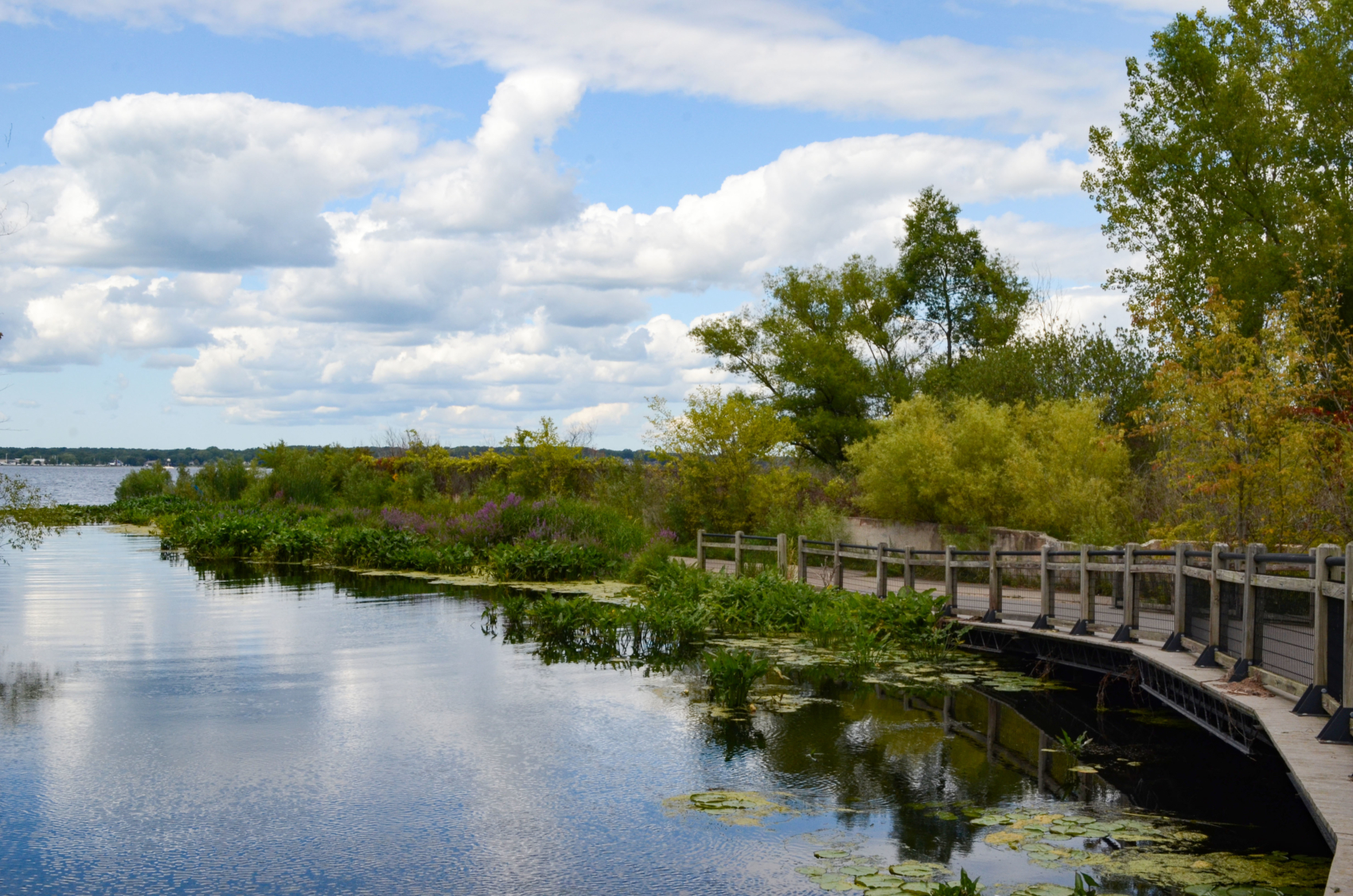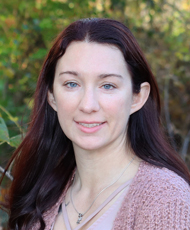Habitat Restoration Database: Muskegon Lake Area of Concern 2016 Partnership
NOAA-GLC Regional Habitat Restoration PartnershipProject Documents
MERES 90% Design PlansMERES Final Design PlansMERES 2019 Topographic ReportMERES Final Herpetofauna ReportLower Muskegon River Final Design PlansLower Muskegon River Final Monitoring ReportLower Muskegon River Final DesignLower Muskegon River BEA ReportLower Muskegon River Habitat AssessmentLower Muskegon River Flow DiagramVeterans Park Final Design PlansVeterans Park Final As-BuiltsVeterans Park Fisheries & WQ ReportVeterans Park 2015 Sediment ReportVeterans Park 2015 Pond Soil ResultsVeterans Park 2015 Shore Edge Soil ResultsVeterans Park 2016 Sediment ReportVeterans Park 2016 Soil Borings LogVeterans Park 2016 Seismic Test ResultsVeterans Park 2017 Soil Results 1Veterans Park 2017 Soil Results 2Amoco Final Design PlansAmoco 2021 Vegetation SurveyAmoco Pre-Restoration Water Delineation ReportAmoco Pre-Restoration Sediment Sampling TablesAmoco Pre-Restoration Sediment Sampling ResultsHeritage Landing As-BuiltsEcological Monitoring Final ReportEcological Monitoring Data
Muskegon Lake Area of Concern Habitat Restoration Database: 2016 Partnership



The habitat restoration projects at Muskegon Lake funded through the 2016 NOAA-GLC Partnership are taking place on five individual locations throughout the Muskegon Lake Basin: the Lower Muskegon River wetlands, Veterans Memorial Park, Heritage Landing, the Muskegon Environment Research and Education Society (MERES) Nature Preserve, and Amoco. Additional monitoring is being implemented at several sites along the Muskegon Lake coastline. These projects aim to provide habitat for native wildlife (fish, turtles, birds) and lake bottom communities, create and soften shoreline, and reconnect and restore wetlands.
The following metrics are being collected during pre- and post- monitoring of the project sites:
Wildlife Data: Herpetofauna species diversity and relative abundance data are being collected at the MERES restoration site. Macro invertebrate species diversity data are being collected at the Amoco restoration site.
Vegetation Data: pre- and post- restoration plant species richness, cover, and biomass data are being collected at the Lower Muskegon River wetlands, Amoco, Heritage Landing, Veterans Memorial Park, and MERES restoration sites.
Fish Monitoring Data: Fish abundance data are being collected at the Lower Muskegon River wetlands, Amoco, Heritage Landing, and Veterans Memorial Park restoration sites.
Soil Monitoring Data: Soil analysis samples are being collected during pre- and post- restoration monitoring and tested for metrics such as total phosphorous, soluble reactive phosphorous, and toxicity characteristic leaching procedure at the Lower Muskegon River wetlands, Amoco, Heritage Landing, and MERES restoration sites.
Water Quality Data: Water analysis samples are being collected during pre- and post- restoration monitoring and tested for metrics such as dissolved oxygen at the Veterans Park restoration site.

Project Partners
WMSRDC
Grand Valley State University Annis Water Research Institute
Funding
Approximately $9 million has been awarded to these projects by the Great Lakes Restoration Initiative (GLRI). The GLRI is a federal program designed to protect and restore the largest system of fresh surface water in the world — the Great Lakes. The project funding was provided via the National Oceanic and Atmospheric Administration (NOAA), through a Regional Partnership with the Great Lakes Commission.
For More Information

Jill Estrada
Coastal Conservation and Habitat Restoration
Senior Program Specialist, Great Lakes Commission
734‐396‐6059 • jestrada@glc.org

Fallon Chabala
Project Manager, West Michigan Shoreline Regional Development Commission
231-722-7878 x 130
Fchabala@wmsrdc.org
Sign up for our e-newsletter
Get the latest Great Lakes Commission news and events in your inbox!
Sign up for our e-newsletter
Get the latest Great Lakes Commission news and events in your inbox!
